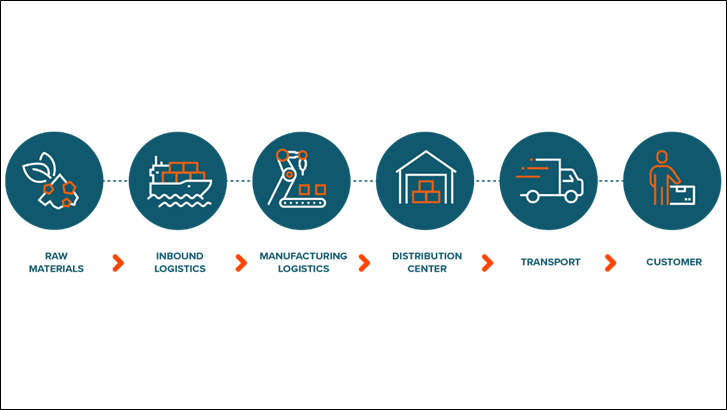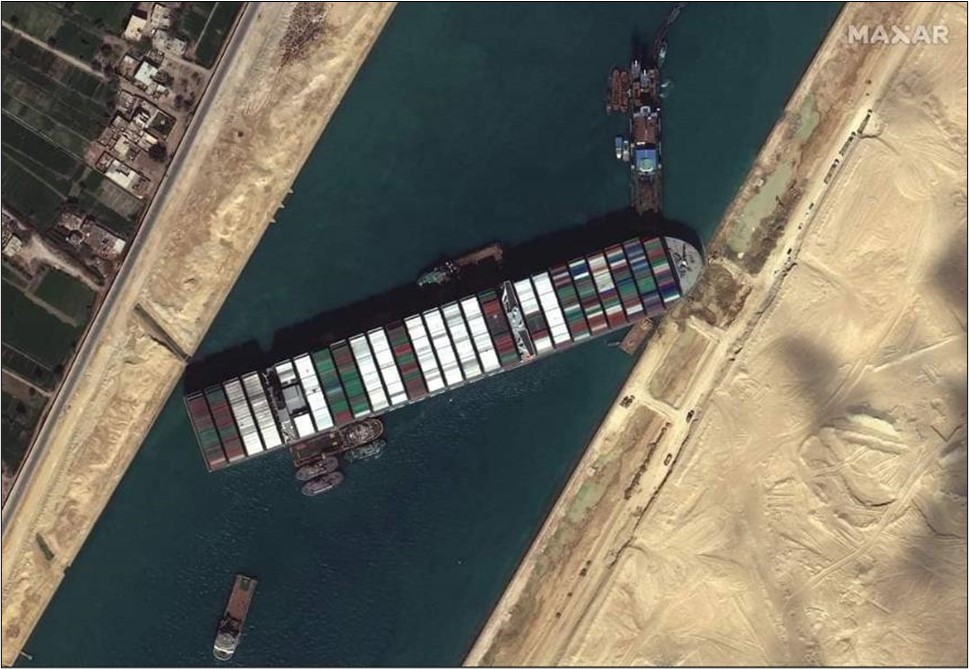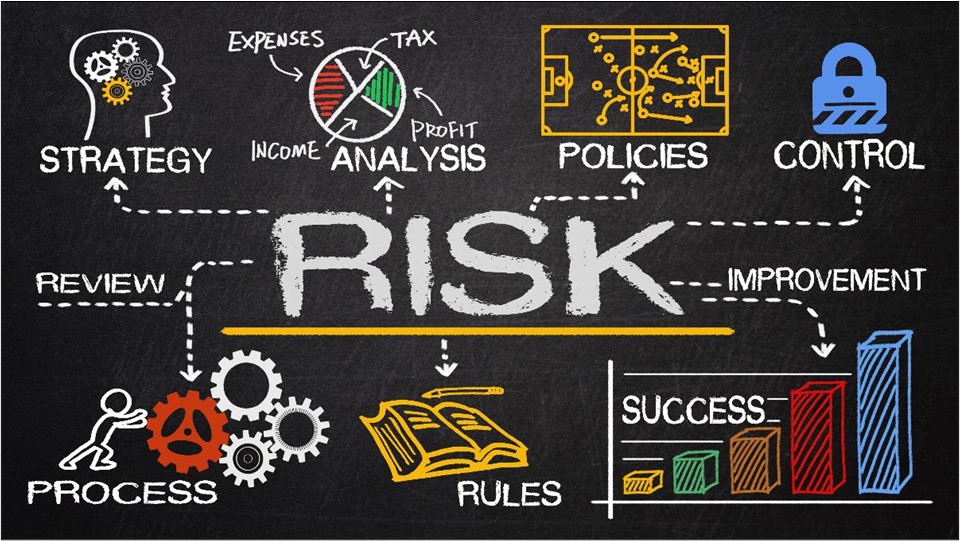Take a risk. It’s the only way to keep moving life forward.
Probably a reckless thought, especially as we overcome some very challenging times, but without pushing the boundaries, we don’t know what we can do.
- Would America have been “Found” if somebody wasn’t trying to sail to the edge of the world!
- Medical advancement without human trials!
- Strapping a rocket to a vehicle and sending people to the moon!
So, trying to take a bit more Logistics Risk in sourcing material is not the biggest, but I have found that it poses some more challenging issues.
We are all in it TOGETHER.

Every company operates in a Supply Chain; they are interconnected entities that keep building value as the materials flow.
- One company’s output (product) is another company’s raw materials.
- One company’s final customer is the next start of operations.

This interconnected view is recognised within the Supply Chain but only to the point of getting the material to continue the operations. Most companies treat their supply chain only by looking back, not looking forward (who is next in line).
Companies sell the intrinsic value of their product. Still, another value can be applied and sold when you understand that it’s not just the financial value but the Supply Chain value to all the following entities in the chain.
Anyway, I digress.
So, Where is the Risk?
The pressure for most companies is to reduce Risk.
- Risk to the profit,
- Risk of keeping clients
- Risk to the share price.
Risk in logistics is a strange concept; it’s like energy; it can be managed and stored but can’t be changed. It is not the risk being addressed but who will bear the impact.
- There will always be a risk of vessel delays
- Prices will always fluctuate
Many factors influence the act of moving cargo around the world. The best and most recent example was the Evergreen stranded in the Suez Canal for two weeks. This one boat affected nearly 60% of world trade. However, I am not sure that there has ever been a single action that has had the most significant impact. It is now the best example of a bottleneck.

Is there a Risk Strategy?
There is a complete operational strategy around risk management, so I won’t go into too much detail. However, a key element is trying to abdicate and delegate the Risk. Ultimately pass it off to someone else. This doesn’t take it away; it makes it someone else’s problem and, more importantly, cost.

The Impact of Incoterms on Risk

The incoterms support the basis for most material sourcing, local and international. Therefore, they are a vital driver in defining Risk and liability. The challenge, though, when sourcing, is to figure out the correct Inco term so that you buy at the best value.
I think the current strategy for International Trade could be defined in that the further away the seller is from the point of consumption of the material, the more they push the Risk of shipping to the buyer. So they look to sell more at the EXW end of the Incoterm.
There is a valid argument to support this thinking.
- You agree to a defined purchase price that can’t change
- You reduce your Risk and liability
- You reduce the workload on your staff
- You do not need additional experience to ship
This may not be completely clear, but the EXW view is, to be honest, all about you. It looks at it what is best for you and your operations.
Does it help the buyer (the client)?
There will always be valid reasons for using EXW, but it has become a default stance to protect Risk, especially between the procurement and sales conversation. One focuses on buying the cheapest, and the other is getting the most profit—opposite and conflicting views are driven by price.
Yet, Risk is an opportunity.
There will still be risks, but with planning and working with partners with experience. For example, you could move from EXW protective transaction to FCA, CIF, or DAP, demonstrating more that you value your partners and the long-term business and are willing to share their challenges.
- An opportunity to understand your client’s needs better
- An opportunity to look at the next step in the chain and impact your supplier’s supply chain
- An opportunity to increase your revenue and profit by selling a higher quality service.
- Changing the view of your output from a product to the value it provides in the following link.
- Changing the view of your output from a product to the value it provides in the following link.
It’s about understanding that Risk and opportunity are the same but viewed differently. The challenge is to move this new potential thinking into other business areas.
- New revenue streams for the business
- Better quality sales process as you are selling value, not a product
- Locking in long-term relationships rather than just a one-time approach.
You are moving away from the lowest price (impacting your liability) to opening the door how to generate more revenue. However, the Risk is always there; even when you delegate, it will still impact your business, so why not own it and turn it into an opportunity?

Building a sustainable Logistics – Achieving success with sustainability
Whether driven by need, imperative or because it is the right thing to do, Logistics is slowly moving forward on being a sustainable partner. Some

Risk in Logistics delivers Reward: Building success with Incoterms
Take a risk. It’s the only way to keep moving life forward. Probably a reckless thought, especially as we overcome some very challenging times, but

Successful movement from Myanmar;
I have travelled the world doing “Logistics”, experienced some unique places, and met some fantastic people. Yet one of the most memorable was the chance

 You are moving away from the lowest price (impacting your liability) to opening the door how to generate more revenue. However, the Risk is always there; even when you delegate, it will still impact your business, so why not own it and turn it into an opportunity?
You are moving away from the lowest price (impacting your liability) to opening the door how to generate more revenue. However, the Risk is always there; even when you delegate, it will still impact your business, so why not own it and turn it into an opportunity?